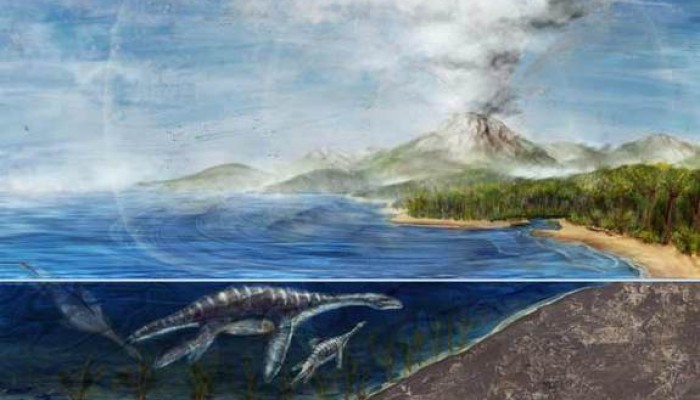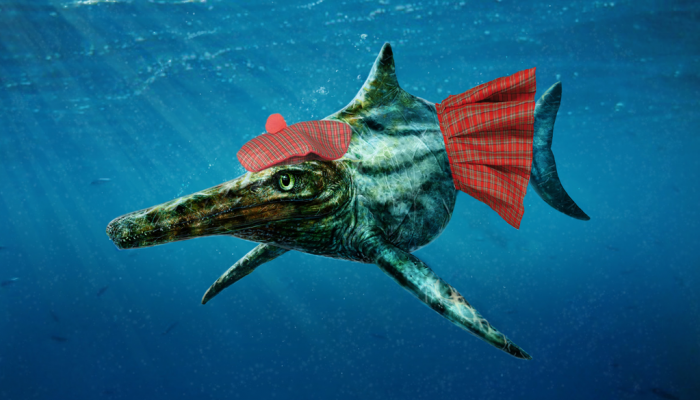At the London satellite event for Open Con earlier this year, myself and Ross Mounce were given some useful feedback after our joint talk on ‘Open Data’ by one of the attendees. Apparently, some of the terminology was too complex, or specialist, for the subject, and some of the talk was unable to be followed unless you were already an expert in the issue.
Now obviously this is something that, as members of the ‘open community’, we do not want. As we progress to setting the default to open, I want it to be an open cultural movement, rather than an exclusive clique. For this, I believe it is important that the terminology we use is designed to be inclusive, rather than accidentally (or otherwise) creating rifts within academia.
To that end, afterwards in the pub, where all things science occur, we decided to create the Open Glossary. This is a resource designed to equip people with the terminology that is used within discussions about the general field of open scholarship. Additionally, it possesses numerous external resources that may be of use. This has been a crowd-sourced effort (original document), so thanks to everyone who has provided feedback, edits, and comments to date. I expect to update it every few months.
What I ask is for people to host this document, and share as broadly as possible with friends and colleagues. And not just those who are interested in science or already active researchers – awareness of this sort of thing is equally as important in being active about it, in many cases.


